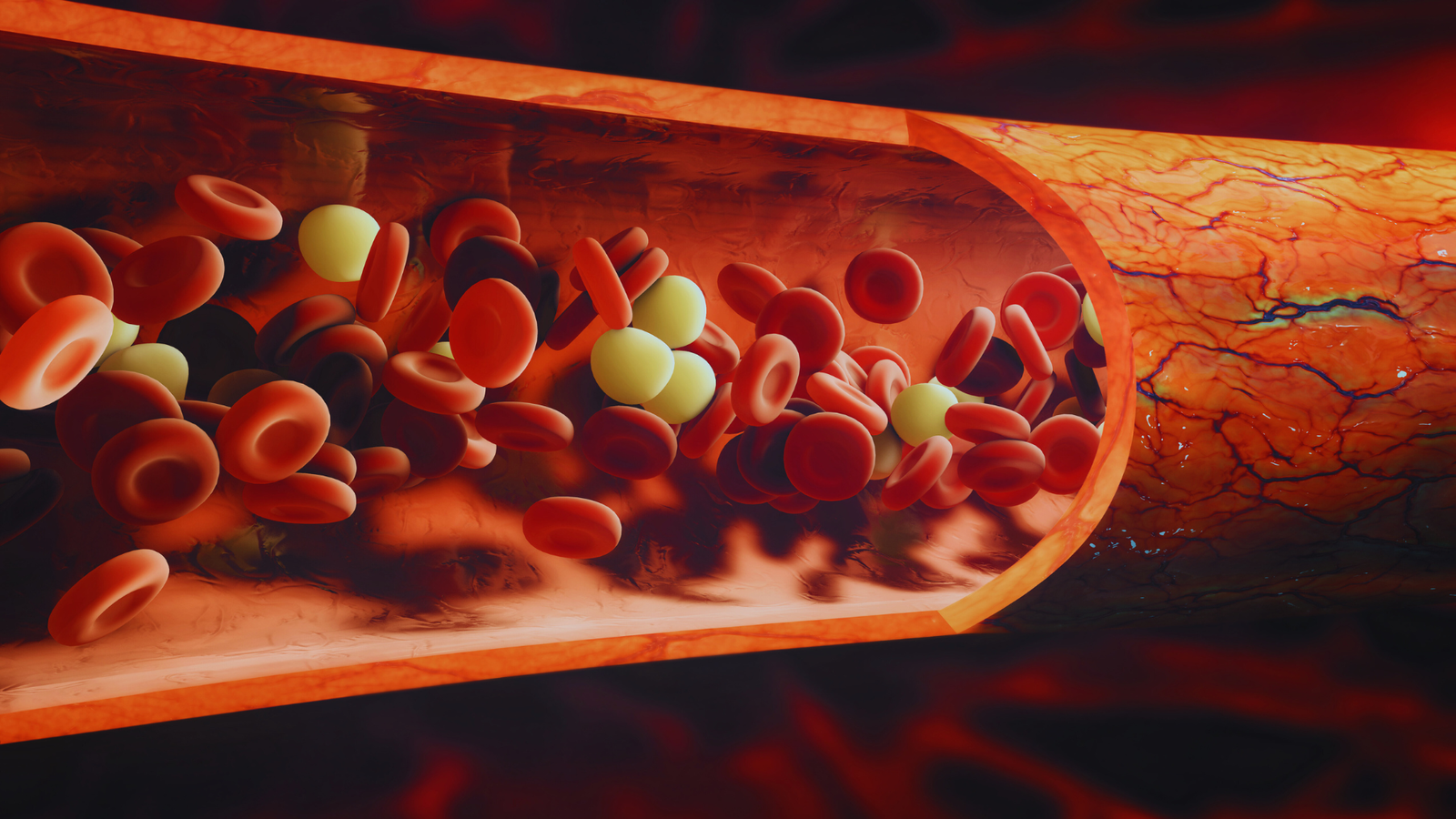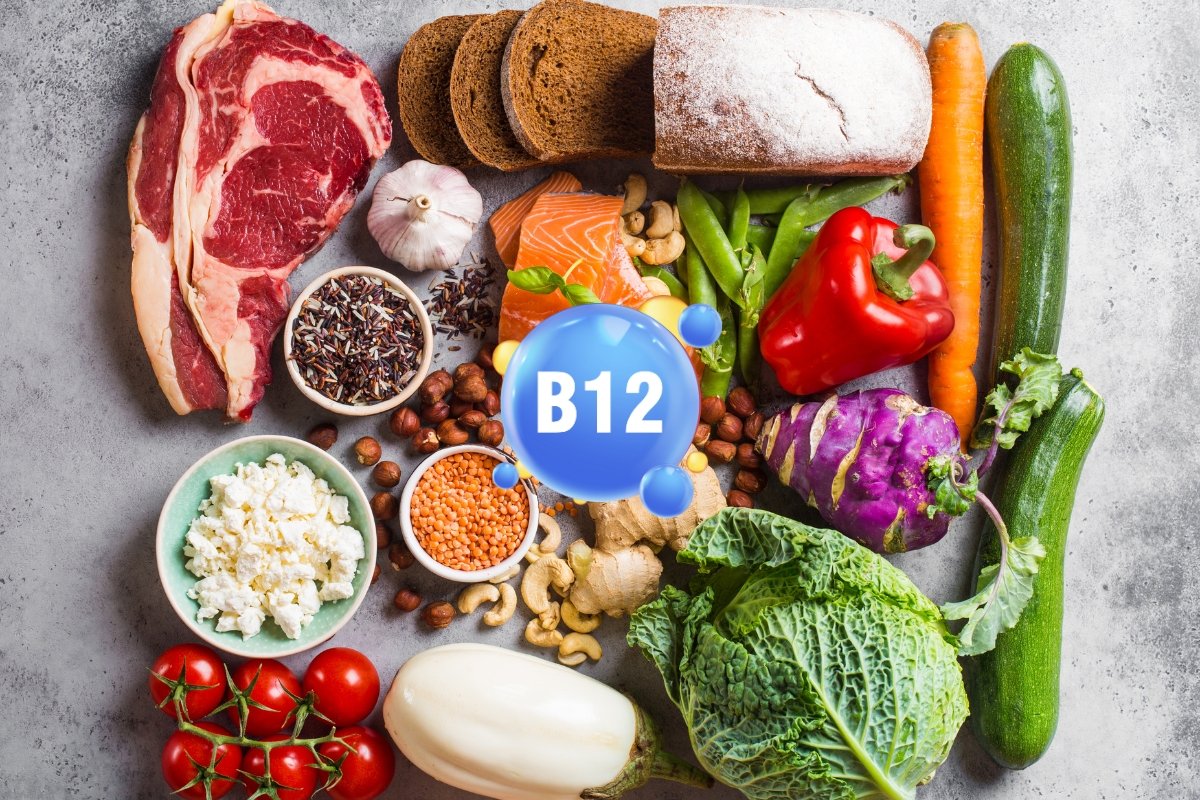Let’s be honest, who doesn’t love eggs? Eggs offer remarkable culinary adaptability, making them easy to incorporate into any diet. From boiling to baking, the possibilities are numerous.
Health-conscious individuals will appreciate their nutrient density – a significant source of protein, choline, vitamins A and D, and various B vitamins – without the previously-held concerns about cholesterol.
Egg-Cellent Nutrition Breakdown
| Nutrient | Amount per Large Egg (50g) | % Daily Value (DV) |
|---|---|---|
| Calories | 78 | – |
| Total Fat | 5.3g | 8% |
| Saturated Fat | 1.6g | 10% |
| Cholesterol | 186mg | 62% |
| Sodium | 62mg | 3% |
| Carbohydrates | 0.6g | 0% |
| Protein | 6.3g | 13% |
| Choline | 147mg | 27% |
| Vitamin D | 41 IU | 20% |
| Vitamin A | 270 IU | 5% |
| Vitamin B12 | 0.45mcg | 19% |
| Riboflavin | 0.26mg | 20% |
| Folate | 23.5mcg | 6% |
| Selenium | 15.4mcg | 28% |
Nutritional Powerhouse
Crack open an egg, and you’ll find a golden yolk nestled amidst clear whites. Both parts contribute a symphony of nutrients, including:
- Protein: Eggs are a complete protein source, meaning they contain all nine essential amino acids your body can’t synthesize on its own. This high-quality protein is crucial for building and repairing tissues, maintaining muscle mass, and supporting a healthy metabolism.
- Vitamins: Eggs are a treasure chest of vitamins, boasting Vitamin A for healthy vision, Vitamin D for strong bones, Vitamin E for antioxidant protection, and a range of B vitamins essential for energy production and cellular function.
- Minerals: Don’t underestimate the mineral wealth within an egg. They provide iron for oxygen transport, phosphorus for bone health, selenium for cell protection, and zinc for immune function and wound healing.
The specific amounts of these nutrients can vary depending on factors like the hen’s diet and cooking method. However, one large egg delivers a powerful nutritional punch, making it a valuable addition to a balanced diet.
Protein Prowess
Not all proteins are created equal. Egg protein boasts exceptional quality, earning it a high Biological Value (BV) score. This score reflects how well your body can absorb and utilize the amino acids from a protein source. Eggs rank among the highest in BV, making them a champion for muscle building, repair, and overall well-being.
Furthermore, egg protein promotes satiety, keeping you feeling fuller for longer. This can be helpful for managing weight by reducing calorie intake throughout the day. Studies have shown that consuming eggs for breakfast can lead to decreased calorie intake later in the day compared to other breakfast options.
Healthy Fats Unveiled
For years, dietary fat was demonized. However, we now understand the importance of consuming healthy fats for optimal health. Eggs are a natural source of these beneficial fats, including:
- Omega-3 fatty acids: These essential fats play a crucial role in brain function, heart health, and reducing inflammation. While the amount of omega-3s in eggs is lower than in fatty fish, they still contribute a valuable amount to your daily intake.
- Monounsaturated fats: These fats have been shown to improve blood cholesterol levels and promote heart health. The monounsaturated fats in eggs can help balance out the saturated fat content, making them a heart-healthy choice.
It’s important to remember that the fat content is concentrated in the yolk. While the whole egg offers the most complete nutritional profile, those watching their fat intake can opt for egg whites, which are virtually fat-free.
Choline Champion
One under-recognized nutrient superstar in eggs is choline. This essential nutrient plays a vital role in brain development, memory function, and maintaining a healthy nervous system.
Choline is particularly important during pregnancy and early childhood, as it supports fetal brain development and cognitive function in young children.
Studies have also linked adequate choline intake to a lower risk of certain birth defects and age-related cognitive decline. Including eggs in your diet is a simple yet effective way to ensure you’re getting enough choline for optimal health.
Vitamin Vault
Eggs are a natural source of a variety of vitamins, each playing a crucial role in your well-being:
- Vitamin A: Essential for healthy vision, cell growth, and immune function.
- Vitamin D: Supports bone health by promoting calcium absorption.
- Vitamin E: Acts as an antioxidant, protecting cells from damage.
- B Vitamins: A group of vitamins crucial for energy production, red blood cell formation, and brain function.
By incorporating eggs into your diet, you’re providing your body with the building blocks it needs to function at its best.
(See: United States Department of Agriculture (USDA) National Nutrient Database for Standard Reference: https://agdatacommons.nal.usda.gov/articles/dataset/USDA_National_Nutrient_Database_for_Standard_Reference_Legacy_Release/24661818/1).
Mineral Mine
Don’t underestimate the mineral wealth within an egg. They pack a punch of essential minerals, including:
- Iron: Crucial for oxygen transport throughout the body, preventing fatigue and anemia.
- Phosphorus: A major component of bones and teeth, also important for energy production.
- Selenium: An antioxidant mineral that protects cells from damage and supports thyroid function.
- Zinc: Plays a vital role in immune function, wound healing, and enzyme activity.
These minerals work synergistically with other nutrients in eggs to support overall health and well-being.
Eggs and High Blood Pressure: Separating Fact from Yolk
Eggs have a long and somewhat complicated history when it comes to high blood pressure (hypertension). In the past, they were demonized due to their cholesterol content. However, recent research paints a more nuanced picture.
Here’s a breakdown of the current understanding of eggs and high blood pressure:
- Cholesterol and Eggs: While eggs do contain cholesterol, primarily in the yolk, most healthy individuals can safely consume eggs in moderation (up to one egg per day) without a significant increase in blood pressure.
- Dietary Patterns Matter More: It’s important to consider your overall dietary pattern. If you’re managing high blood pressure, focus on limiting saturated and trans fats, added sugars, and excessive sodium intake. Eggs can still be part of a healthy heart-friendly diet when consumed in moderation.
- Focus on the Good Stuff: Eggs are packed with beneficial nutrients like high-quality protein, healthy fats (including monounsaturated fats), vitamins, and minerals. These nutrients can contribute to overall heart health, potentially counteracting any potential negative effects of cholesterol.
Here are some key takeaways for people with high blood pressure:
- Talk to your doctor: Discuss your individual needs and dietary goals with your doctor or a registered dietitian. They can advise you on a safe and appropriate egg intake for your specific situation.
- Focus on moderation: Aim for moderate egg consumption (up to one egg per day) and prioritize healthy cooking methods like poaching, boiling, or baking to minimize added fat.
- Balance is key: Pair eggs with heart-healthy ingredients like vegetables, whole grains, and lean protein sources. Consider replacing saturated fats with healthy fats from sources like avocado or olive oil.
In conclusion, eggs can be part of a healthy diet for people with high blood pressure, but moderation and attention to overall dietary patterns are crucial. If you have concerns, consult your doctor or a registered dietitian for personalized guidance.
Debunking Myths
Eggs have been shrouded in controversy for decades, particularly regarding their cholesterol content and impact on heart health. Let’s crack open some common myths and shed light on the truth:
Myth: Eggs raise bad cholesterol (LDL) and increase heart disease risk.
Reality: While eggs do contain cholesterol, it’s primarily the good kind (HDL). Studies have shown that for most healthy individuals, moderate egg consumption (up to one egg per day) does not significantly increase the risk of heart disease.
In fact, the healthy fats and other beneficial nutrients in eggs may even counteract any potential negative effects of cholesterol.
Myth: Egg whites are healthier than whole eggs.
Reality: While egg whites are a good source of protein and virtually fat-free, they lack the wealth of vitamins, minerals, and healthy fats found in the yolk. Choosing whole eggs provides the most complete nutritional profile.
Myth: Eggs are high in calories and contribute to weight gain.
Reality: A large egg contains only around 70 calories. When consumed as part of a balanced diet, eggs can be a weight-loss friendly food. Their high protein content promotes satiety, helping you feel fuller for longer and potentially reducing overall calorie intake.
Egg-Cellent Health Benefits
The benefits of including eggs in your diet go far beyond just a satisfying breakfast. Here’s a summary of the key health benefits:
- Weight Management: Eggs can aid in weight management due to their high protein content, which promotes satiety and reduces calorie intake.
- Improved Cognition: Choline, found abundantly in eggs, plays a vital role in brain development, memory function, and reducing the risk of age-related cognitive decline.
- Heart Health: While once demonized, eggs are now recognized as a heart-healthy food. The combination of healthy fats, vitamins, and minerals in eggs can contribute to a healthy heart.
- Stronger Muscles: The high-quality protein in eggs is essential for building and repairing muscle tissue. This is beneficial for athletes, those looking to build muscle mass, and even as we age to maintain muscle function.
- Healthy Eyesight: Eggs contain Vitamin A, crucial for maintaining healthy vision and preventing night blindness.
- Prenatal Health: Choline in eggs is essential for fetal brain development and can reduce the risk of certain birth defects. Pregnant women are encouraged to include eggs in their diet.
Tips for Incorporation
Eggs are a versatile ingredient that can be enjoyed in countless ways beyond the traditional breakfast scramble. Here are some creative and delicious ways to incorporate eggs into your diet:
- Breakfast Delights: Try baked egg muffins with veggies and cheese, a breakfast burrito with scrambled eggs, or a protein-packed smoothie with a raw egg, or omelet (ensure the eggs are pasteurized for this option).
- Lunchtime Power: Elevate your salads with a poached egg, whip up a veggie omelet for a light lunch, or create flavorful deviled eggs for a satisfying snack.
- Dinnertime Versatility: Bake eggs into casseroles or quiches, add them to stir-fries for protein, or poach them on top of a hearty lentil soup.
- Sweet and Savory Baking: Eggs are a key ingredient in baking, adding structure and richness to cakes, muffins, and savory quiches.
These are just a few ideas to get you started. With a little creativity, you can easily incorporate eggs into your meals throughout the day, reaping the numerous health benefits they offer.
Conclusion
Eggs are a nutritional powerhouse, packed with high-quality protein, healthy fats, essential vitamins, and minerals. They offer a variety of health benefits, from supporting weight management and cognitive function to promoting heart and eye health.
By debunking the myths surrounding eggs and embracing their versatility, you can unlock a world of culinary possibilities while nourishing your body with this incredible superfood. Crack open an egg today and experience the incredible health benefits it has to offer!
References:
- A high-protein breakfast reduces appetite and calorie intake throughout the day: https://pubmed.ncbi.nlm.nih.gov/22344380/
- The essentiality of choline for brain development and cognitive function: https://www.ncbi.nlm.nih.gov/pmc/articles/PMC3908512/
- Prenatal choline metabolism and cognitive function in offspring: https://www.ncbi.nlm.nih.gov/pmc/articles/PMC5400223/
- Dietary cholesterol and cardiovascular disease: a review of recent evidence: https://www.ncbi.nlm.nih.gov/pmc/articles/PMC3920201/



